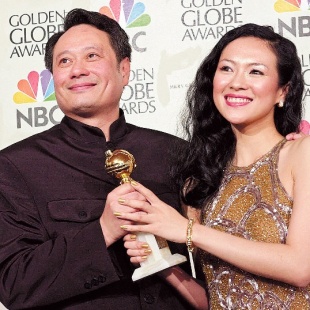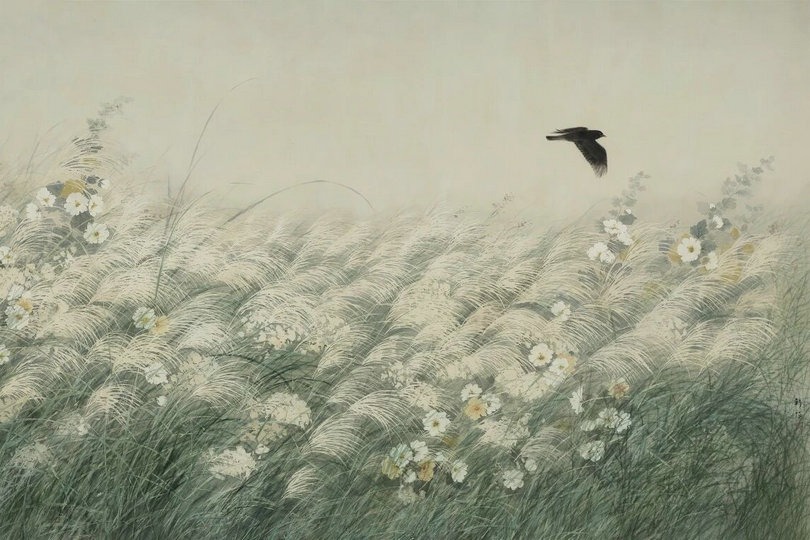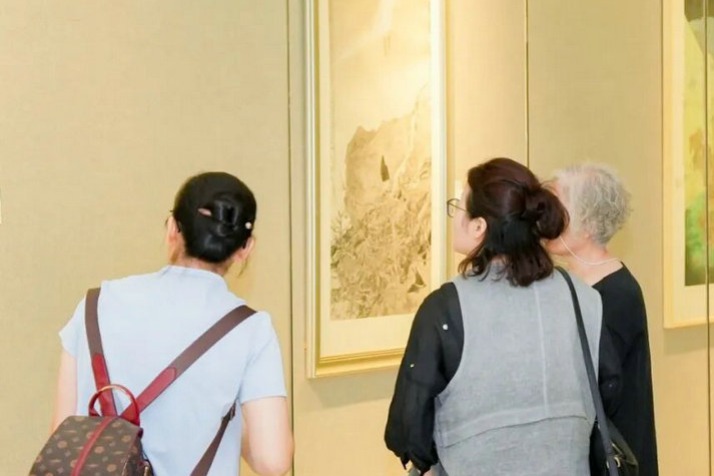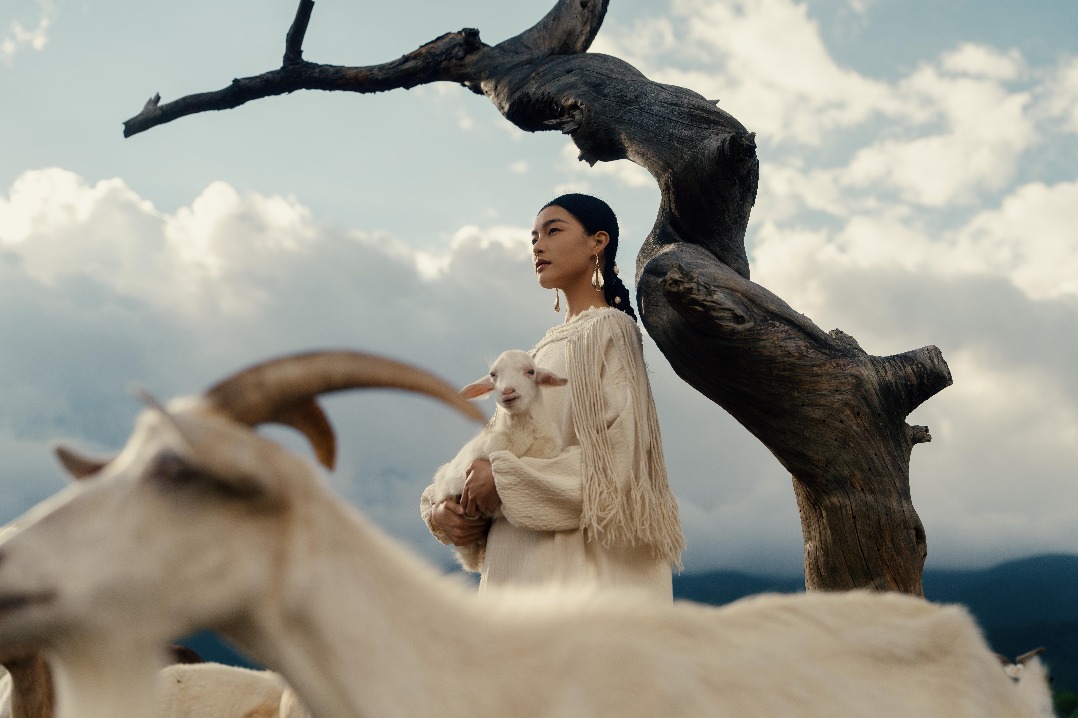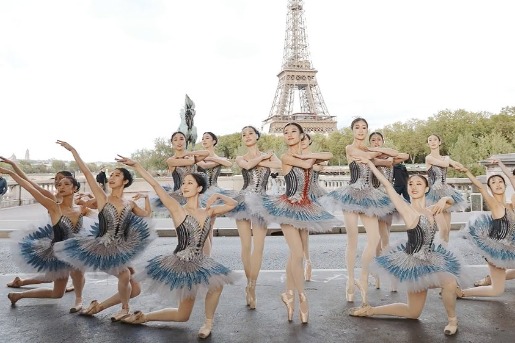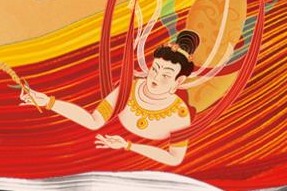20 years on, Ang Lee reflects on success of Crouching Tiger


The film is a fusion of the East and the West, of Asian film history and Hollywood, of action movie and art house. Lee and writer-producer James Schamus-who together adapted Jane Austen in 1995-took to referring to it as Sense and Sensibility with martial arts. Over five months of prep and a five-month shoot across China, Lee agonized over the delicate balance of Crouching Tiger.
"Halfway through our difficulties, I remember thinking this is a B-movie, supposedly. I'm fighting the genre, trying to make a great movie," Lee says. "I didn't have experience in martial arts. It's a very special skill and cinematic sense, which I learned from the Hong Kong crew-the choreographer Yuen Wo-ping and the cinematographer Peter Pau. I learned so much about moviemaking. Not just about action, but about the essence of the medium."
Every project tends to become all-consuming for Lee, the protean director of Life of Pi, Brokeback Mountain and The Ice Storm. "Sometimes it feels like every movie is a lifetime," he says, chuckling. But he considers Crouching Tiger his most difficult film. Not just for the technical challenges but because of the pressure he put on himself to capture the cinema of his youth.
He says it was the toughest movie and the toughest part of his life. "I still wanted good fight scenes. I also wanted a good art department, a historical look and good acting. I was just too greedy. It was kind of my childhood fantasy. I joke that it's a childhood fantasy and midlife crisis all clenched together," he says.
That's also what Lee ascribes the film's success to: its sense of childlike wonderment.
"What I think people respond to is the innocence," Lee says. "Putting yourself in an unknown situation, somehow you have a better chance to find that innocence. It's the reason we go to the theater."
In recent years, Lee has remade himself as a digital convert, in pursuit of a new kind of cinema-"which I have not found", he adds, laughing-that includes high frame rate, 3D and other innovations that he believes are the future of film. While some of the results have been fascinating, his forays into digital-2019's Gemini Man, 2016's Billy Lynn's Long Halftime Walk-haven't been received well. Lee says he's still brooding, still curious.
"I don't want to give up just yet," Lee says. "The movie gods have been very good to me. As long as I can, I'll do my service-whether digitally, or if someday I go back to making something on a flat screen. But I think the way I view things has changed, and I have to be honest with that. At the end of the day, honesty is very important. You might get blamed for it, you might fail, but a part of you has to keep honest and fresh. I just hope my whole career is like a never-ending film school."


